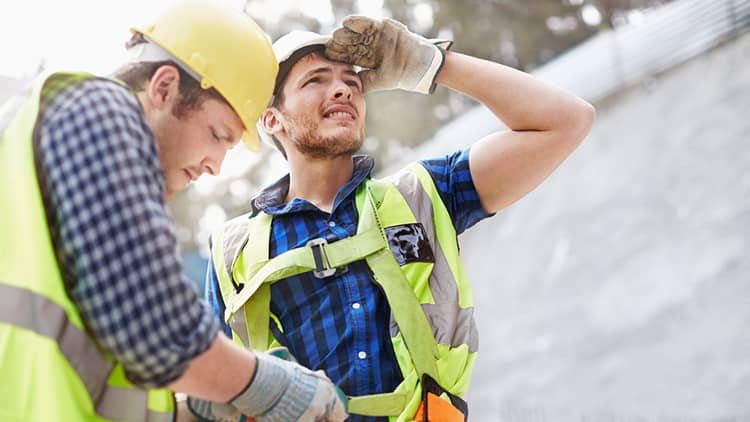| Fair Employment Practices | Identical to Federal law, the Arizona Civil Right Act (ACRA) forbids employment discrimination based on race, color, religion, gender, age, national origin, disability, and genetic test results.
It also forbids an employer from taking a hostile employment action against workers who make sexual harassment claims, formal complaints, or testify in any investigation or hearing into an employer's unlawful discrimination. |
| Equal Pay | The Arizona Equal Pay Law forbids an employer from paying any worker at wage rates less than the wage rate paid to workers of the opposite gender in the same facility for the same quantity and quality of the same designation. |
| Whistleblower Protections | The Employment Protection Act safeguards whistleblowers who disclose an employer's violation act in a just manner, a witness to present, a past, or future violation of Arizona law by the employer or a colleague, and disclose either to the employer, a colleague in a supervisory position or a worker of any public agency. |
| Drug Testing | When testing is done for a work-related reason that is reasonable and necessary for the business, an Arizona employer may test job seekers for drug and alcohol usage. |
| E-Verify | According to the Legal Arizona Workers Act (LAWA), unauthorized workers cannot be employed by an employer. Additionally, it mandates that an employer sign up to utilize E-Verify to check the status of hires made after December 31, 2007, and maintain records of the check for the hire term or three years, whichever is longer. |
| Minimum Wage | Under the Arizona Minimum Wage Act, Every covered employer must pay staff at least $13.85 per hour. |
| Child Labor | Arizona's child labor regulations include limitations on the kind of jobs children can hold and the hours and days they can work. |
| Health Care Continuation | Employers with at least one but fewer than 20 employees must comply with Arizona's health care continuous coverage statute. State law generally follows the federal Consolidated Omnibus Budget Reconciliation Act (COBRA) regarding qualifying events and maximum coverage periods. |
| Pay Frequency | Employees must receive regular paychecks up to 16 days apart at least twice a month. |
| Paid Sick Leave | The Fair Wages and Healthy Families Act (FWHFA) enables eligible workers to take paid sick leave in the event of an employee's or a family member's illness, injury, or health condition; the need for medical diagnosis, care, or treatment; the requirement for preventive care; the closure of the employee's workplace, a child's school, or a child care facility as a result of a public health emergency; or the possibility that the employee's presence in the community may endanger the health of others due to exposure to a contagious disease. |
| Other Time Off Requirements | An Arizona employer must abide by additional leave and time off rules, such as those governing military leave, voting leave, and leave for jury service, in addition to the FWHFA. |
| Smoke-Free Workplace | Smoking is forbidden in all public areas and workplaces under the Smoke-Free Arizona Act. |
| Weapons in the Workplace | Employers in Arizona are generally not allowed to forbid staff members or other people from legitimately transporting or storing firearms in a secured personal car or a locked compartment in a private motorbike. |
| Safe Driving Practices | The state of Arizona forbids the use of wireless communication devices, including texting, while driving. |
| Final Pay | The following regular paycheck must still pay workers who leave their jobs. Fired employees must receive their money by the next payday or within seven business days. |










